Already, we are in the third week of school, and summer seems long gone. Of course, it helps that last week’s temperatures in the high-90s have given way to this week’s highs in the low 80s!
I always say at the beginning of the school year that I wish it were October because that’s about the time that the routines are established and most of my paperwork is organized and I hit my teaching groove. But the view from September this time is a bit different. 
I don’t have my usual high school English class because this year, BCA has a total of 3 high school students, and they are all underclassmen. In fact, I’m teaching (GASP!) two grades of elementary language arts every morning. I’m waaaay out of my comfort zone to say the least.
There was a lot of doomsday talk at the end of last year, when a large senior class graduated and several families moved away. But the truth is that this is a good season for the school. The atmosphere has changed significantly this year – for the better.
This is a God thing. The last several years have seen their share of strife, but I am fully persuaded that the Lord has brought us into a time of refreshing and renewal. The three 9th and 10th graders are stepping up as leaders in mature, responsible ways that most freshmen and sophomores don’t. The teaching staff are united and morale is high, even among those who are stretched quite thin due to a shortage of teachers in the elementary. And perhaps the most telling sign of all: Teachers are loving the middle school classes! Instead of “annoying” and “overwhelming” I now hear words like “fun” and “spunky” to describe that group.
No, not everything is perfect. But this school year is shaping up to be meaningful and memorable – one in which the Spirit of the living God falls fresh, when students are drawn to Him not by the might of our teaching or activities but by our yielding to His Spirit every day. This is the school year that the Lord has made, and I am already rejoicing and being glad in it.
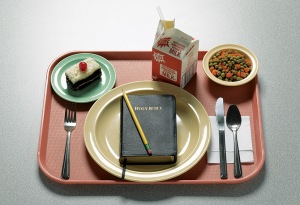

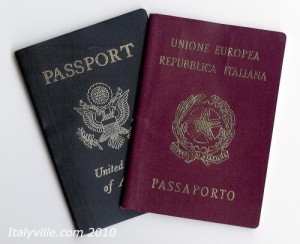
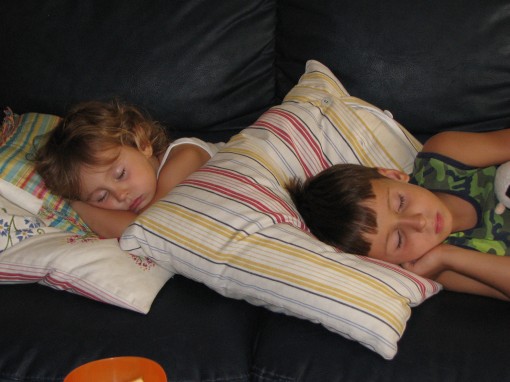
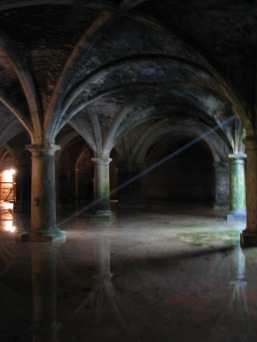
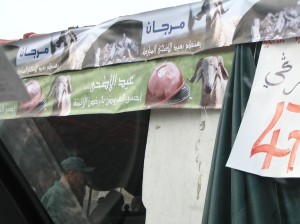
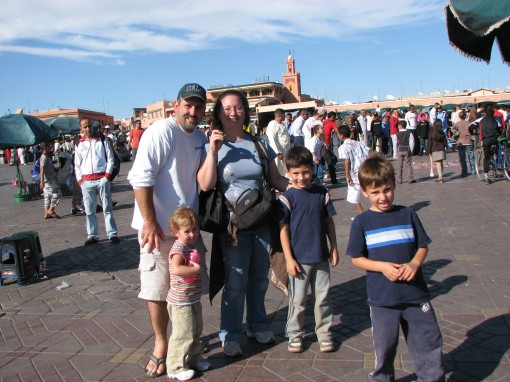 Since the end of Ramadan was approaching our school had scheduled a four day weekend to incorporate the Muslim holiday Aid al-Fitr. A group of us took advantage of the break and headed up into the Atlas mountains near Marrkech to a place called
Since the end of Ramadan was approaching our school had scheduled a four day weekend to incorporate the Muslim holiday Aid al-Fitr. A group of us took advantage of the break and headed up into the Atlas mountains near Marrkech to a place called 



